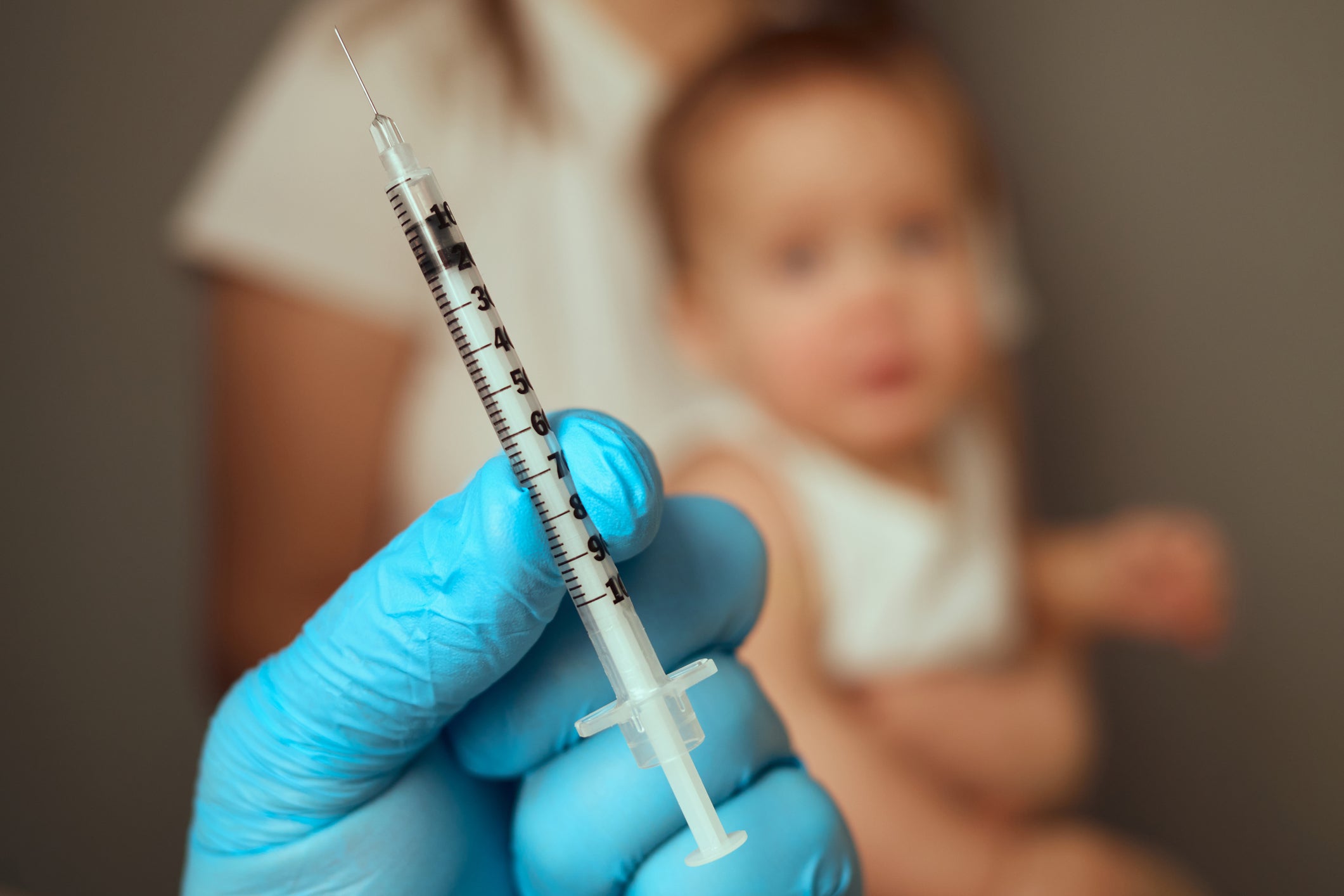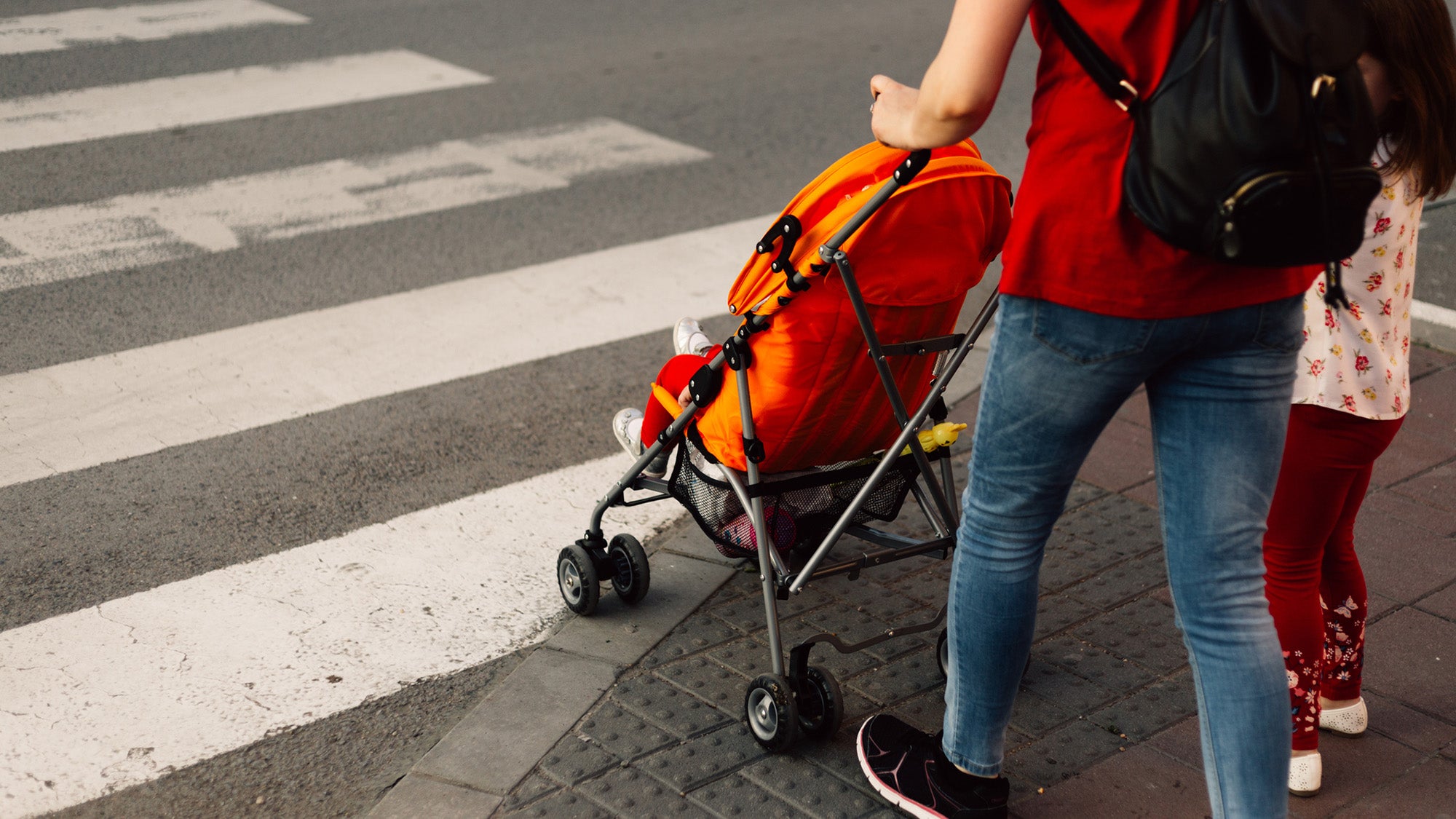Cuba’s COVID-19 vaccine success could serve as global model: report
November 3, 2022 – Cuba’s ability to develop homegrown COVID-19 vaccines and immunize most of its citizens should serve as a model for developing countries around the world dealing with public health emergencies, according to a new report.
The report was issued October 31 by the first U.S.-led scientific delegation to visit Cuba in five years. The delegation was organized by MEDICC (Medical Education Cooperation with Cuba), a U.S.-based non-profit promoting health-related dialogue and collaboration.
David Williams, Florence Sprague Norman and Laura Smart Norman Professor of Public Health at Harvard T.H. Chan School of Public Health, and chair of the Department of Social and Behavioral Sciences, was among the co-authors.
The report called for greater engagement with Cuba’s biotech sector, in spite of political challenges, to bolster the global fight against existing and emerging threats and to support equitable access to medical innovations. The authors also noted that Cuba’s COVID-19 vaccination rate in children and adolescents was much greater and was achieved much earlier than any other country in the world, and that the emphasis on vaccinating kids—who often serve as significant vectors for spreading infectious diseases to populations more at risk, such as the elderly—should be considered by other countries to blunt transmission rates in the general population. The possibility of using Cuba’s SOBERANA Plus vaccine as a universal booster globally should also be explored, the report said.
Read a press release about the delegation’s report: US-led panel exploring Cuba’s solo development and deployment of COVID-19 vaccines calls for lowering barriers blocking global access to the country’s biotech innovations


